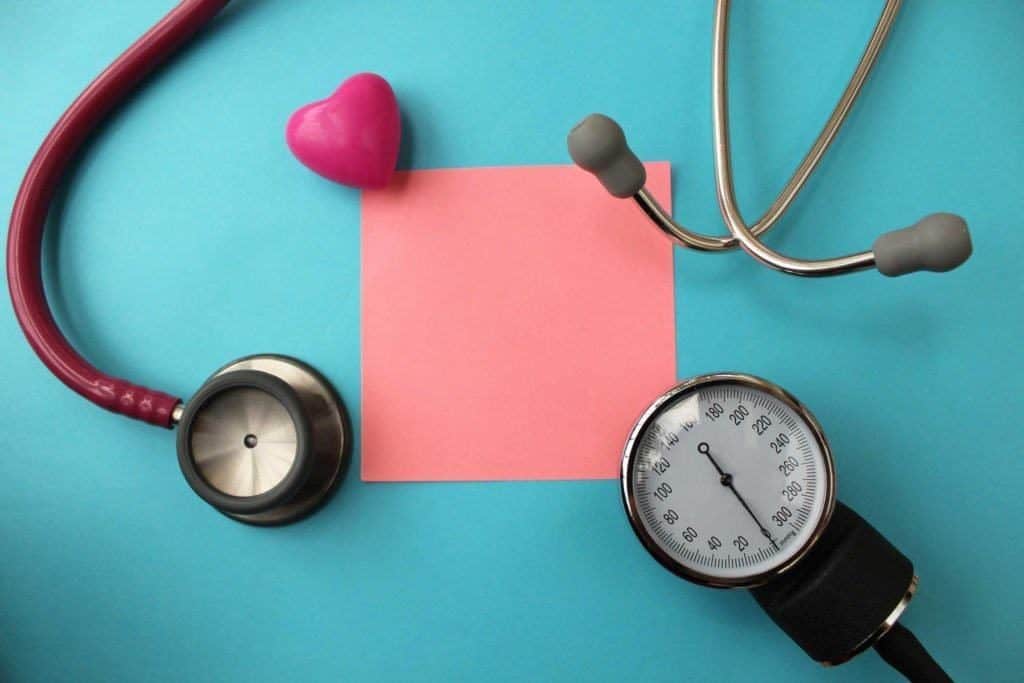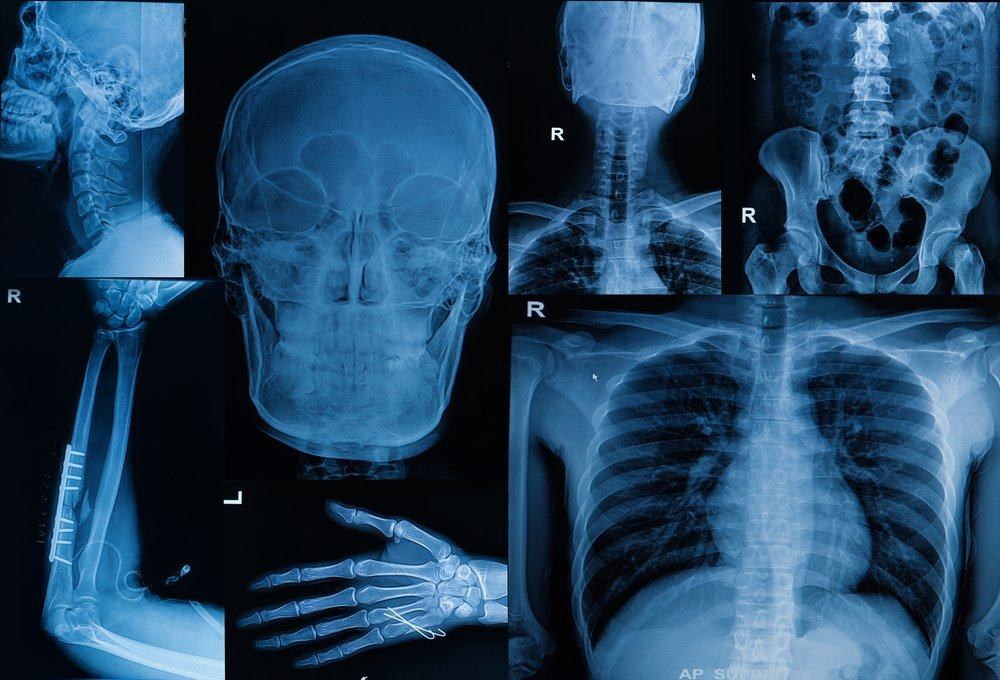Contents:
Medical Video: Strokes Striking the Young
Most strokes occur after age 65, but now more and more young people are at risk for stroke.
The latest statistics show the risk of stroke in young people continues to increase. Compared to the mid-1990s, there was a 53% increase in ischemic stroke among those between the ages of 15 and 44 in the 2000s. During the same time, there was a tendency to increase stroke risk factors such as high blood pressure, diabetes, obesity, high cholesterol, congenital heart disease, and smoking.
The causes of stroke at a younger age are more diverse and relatively rare compared to older people. Most strokes in older adults are due to atherosclerosis, or fat and calcium deposits in the arteries which cause blockages in blood vessels. Among young people, the causes range from congenital heart valve problems, arrhythmias, to congenital heart disease.
Half of all stroke cases among young people are due to ischemic stroke. This occurs as a result of a disturbance in the blood vessels that supply blood to the brain. About 15 percent of all ischemic strokes occur in young adults (under 40 years) and adolescents. In addition, strokes at a young age are also caused by hemorrhagic strokes, which occur when broken blood vessels become weak. The most common cause of hemorrhagic stroke is uncontrolled high blood pressure.
The good news is that, compared to older people, younger stroke patients tend to return to normal and recover better. Younger brain patients tend to be more resilient. Other parts of the brain will help recovery and help the affected part of the stroke. They usually do not have a heart condition or arthritis that can interfere with their physical therapy, and they have more encouragement and potential for recovery.
Why did the incidence of stroke at a young age increase?
A number of medical, socio-economic and lifestyle factors seem to have a significant influence.
People at a young age tend not to contact emergency health care centers for symptoms of stroke, because they do not believe that a stroke can occur at such a young age. When they arrive in an emergency room, a diagnosis of a stroke is often delayed or a stroke is misinterpreted as a migraine because stroke is still considered an old man's disease, and young patients may not have vascular risk factors that increase suspicion of stroke.
Increased obesity at a young age has led to more diabetes, and diabetes increases the risk of ischemic stroke at a young age. Young people are almost twice as likely to not have sufficient health insurance funds compared to older adults, and therefore do not get appropriate preventive care.
Women at a young age tend to have more risk of stroke than young men. The risk of stroke increases with the use of birth control pills. The risk of stroke also increases because of smoking, and teenage girls are one of the largest groups of new smokers. Migraines with aura can also increase the risk of stroke, especially among women under 45 years, smokers, and those who use hormonal contraception.
A history of high blood pressure in the family is also important. If there is decreased high blood pressure in your family, you need to monitor your blood pressure often enough to control and treat it. If your mother has high blood pressure during pregnancy, monitor your blood pressure if you are pregnant. Young women who have high blood pressure are advised during pregnancy to work with doctors to control their blood pressure.
The appearance of risk factors for stroke may be higher in older adults, but people of a younger age have also experienced many lifestyle changes, are overweight, have diabetes, use drugs, drink excessive alcohol and smoke, which all increase the risk they are against stroke. Simple modification of lifestyle factors can also reduce the risk of stroke. Don't smoke, do physical activity regularly, keep a healthy weight, eat low-salt foods by consuming less red and fat meat, consuming more fruits and vegetables, and lowering your cholesterol and blood sugar levels, can also help.












